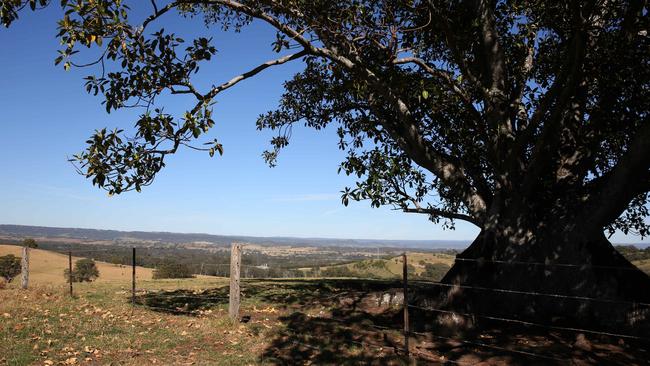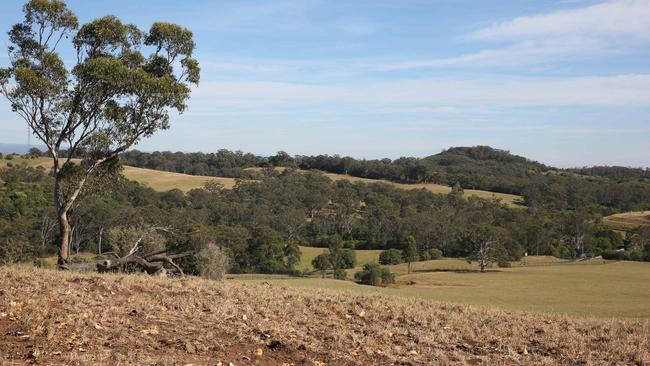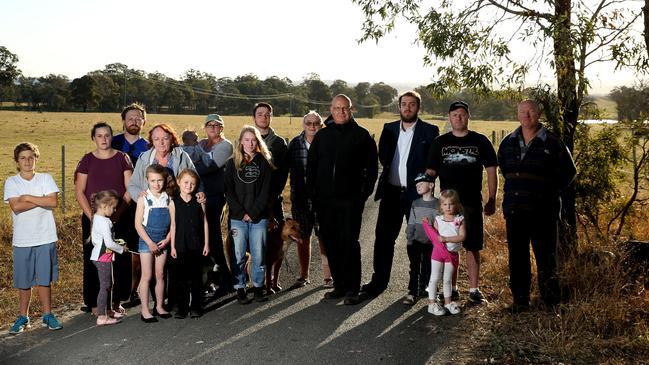Appin residents want to launch a legal bid to halt development of Mt Gilead
A small group of Appin residents are shaping up for what they’ve labelled a ‘David vs. Goliath’ legal battle in a bid to stop the development of Mt Gilead.
Macarthur
Don't miss out on the headlines from Macarthur. Followed categories will be added to My News.
A SMALL group of Appin residents are shaping up for what they’ve labelled a ‘David vs. Goliath’ legal battle in a bid to stop the development of Mt Gilead.
The rezoning of land at Mt Gilead was published in the NSW Government Gazette in September, paving the way for developer Lendlease to build 1700 homes, pending a development application.

Help Save Appin community group member Sue Gay said a small group of residents had bended together in an effort to raise funds to launch a legal challenge, questioning the basis of the decision making process to rezone the land, before the end of the year.
The group has setup a GoFundMe page in an attempt to crowdfund their legal action, setting out a range of issues including pollution of the surrounding environment and the protection of wildlife including koalas and birds as areas of concern.

“The two big issues are environment and heritage,” Mrs Gay said.
“We’re hoping that the outcome of this is that these things be looked at properly.
“The rest of Wollondilly Shire has been left intact ... let’s bring Appin back as rural land.”
Under the Greater Sydney Commission’s Draft Western City District Plan, the land at Mt Gilead has been earmarked as a land release area.

A statement on the GoFundMe page says the group is hoping to protect the historic farm at Mt Gilead from being developed into housing.
“We are just a small group of very concerned local honest residents who want to protect and save the beautiful historic working farm in its intactness. Its environment has very sensitive koala corridors surrounding three sides of this property.
“The rural land on this map, some 5300 hectares. is owned by developers and it will get developed unless we send a message to governments and developers that we object to urban sprawl.”
